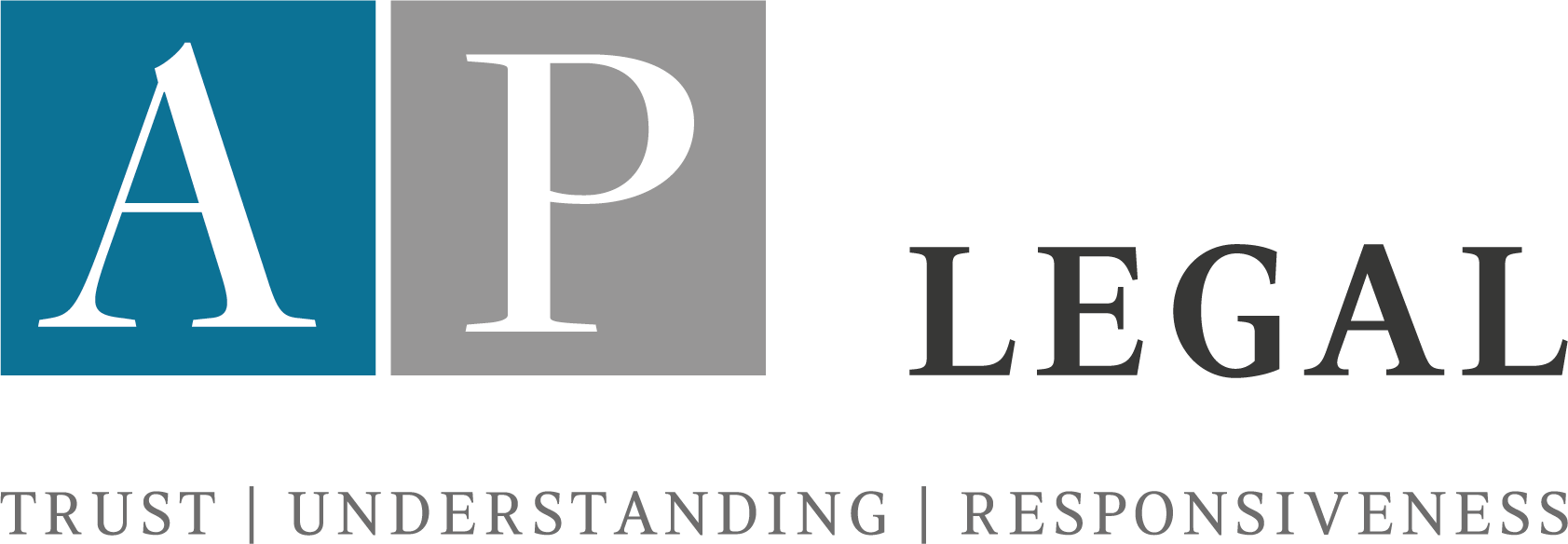By means of Law 4990/2022 (the “Law”), the European Directive 2019/1937 on the protection of people who report breaches of provisions of EU law (whistleblowers) has been transcribed into Greek law.
The Law provides a comprehensive framework for the protection of employees in both public and private sector entities, who report internally, externally or by public disclosure cases of such breaches.
Private sector entities with fifty (50) to two hundred forty-nine (249) employees were required, pursuant to Article 9 of the Law, to comply with the obligation to appoint a Reporting Receiving and Monitoring Officer (“RRMO”) by December 17, 2023, while the relevant notification to the Labor Inspectorate shall take place within two (2) months of such compliance.
In relation to the person that may be designated as an RRMO, this may be either an employee of the entity concerned or a third party, who will be in charge of collecting and managing said reports.
In addition, Joint Ministerial Decision 47312/2023 (Government Gazette B’ 6944/11.12.2023) (the “JMD”) specifies a number of issues related to the Law, such as the procedure for the submission, receipt and monitoring of reports.
More specifically, the JMD states that a report may be submitted by name or anonymously, in writing, orally or through an online platform that operates on the entity’s website.
In any case, the RRMO shall provide the reporting person, upon request, with all necessary information concerning his/her rights and the procedure for handling reports.
The receipt of the report shall be followed within seven (7) working days by notification to the reporting person of the action to be taken. The RRMO shall ensure the confidentiality and protection of the personal data of the reporting person and any person named in the report and shall register the report in a special archive.
Upon receipt of the report, the RRMO shall manage it in one of the ways set out below:
– Forwarding a pseudonymized copy of the report to the competent bodies for investigation;
– Archiving the report if it is found to be vague, unreasonable, incomprehensible, or that it does not fall within the scope of the law, or if there are no serious indications of a breach.
– Forwarding a copy of the report to the locally competent public prosecutor and informing the reporting party if there are indications that a criminal offence has been committed.
If a report is received by an unauthorized person, the latter shall forward it without delay to the RRMO of the entity concerned.
The RRMO shall monitor the case by maintaining contact with the competent body of the entity which has received the report in question, which, in turn, shall inform the RRMO in good time of any actions taken.
Finally, within a reasonable period not exceeding three (3) months from the acknowledgement of receipt of the report or, in case that no acknowledgement of receipt has been delivered to the reporting person, three (3) months from the expiry of seven (7) working days from the submission of the report, the RRMO shall inform the reporting person about the progress of the case.



